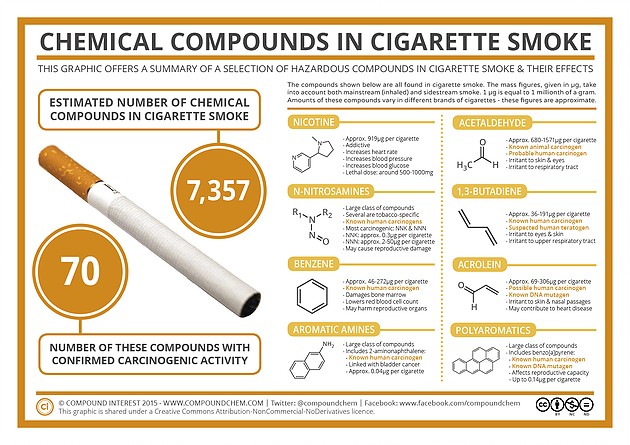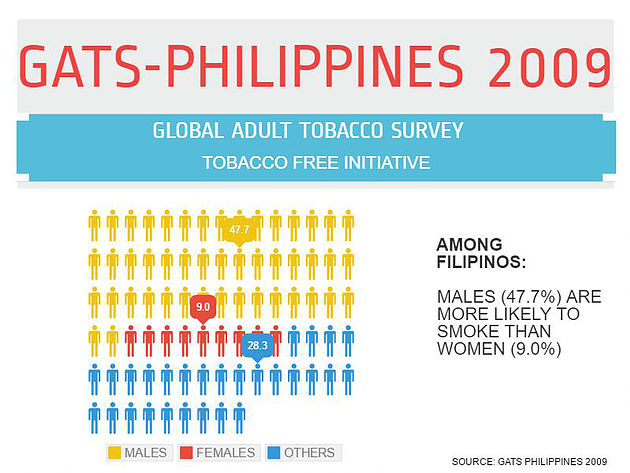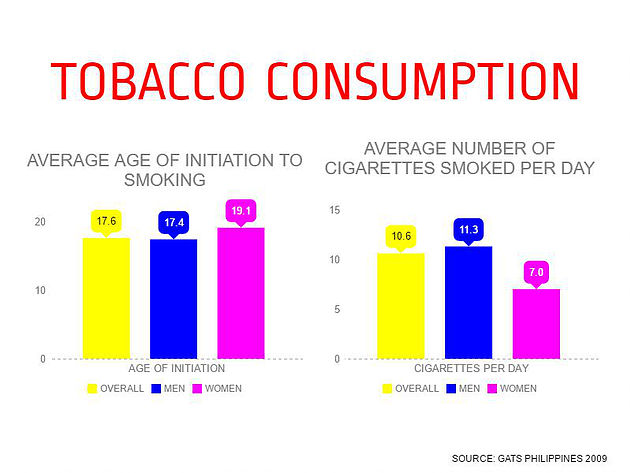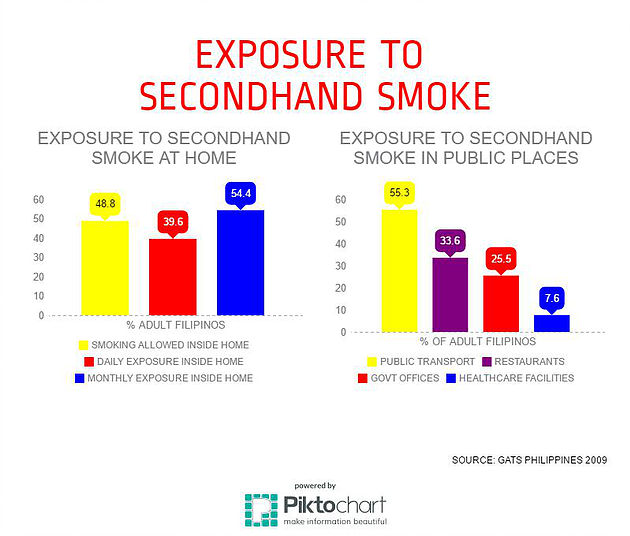“Do you mind if I smoke?” What’s your answer? Do you just shrug? Do you turn away? Do you tolerate? Many of us, even if we dislike the smell of smoke, we tend to tolerate. But is it right to do just that?
Today is known to be the WHO World No Tobacco Day as called by the World Health Assembly Resolution 42.19 passed 1988. Tobacco is the base materials in cigarettes which is its most accessible and familiar economic form. Tobacco is cultivated in most tropical to subtropical countries around the globe including Philippines in which farmers use it directly as dried rollout or a coarsely ground fuel for smoking pipettes.

Even if tobacco is economically significant in most countries the debate on whether it is necessary for countries to regulate its production and consumption is always important. Countries such as Philippines and other small Southeast Asian nations losing so much money on healthcare services intended to address diseases caused by smoking. With the youth slowly emerging to be one of largest tobacco consumers, the WHO formed the Tobacco Free Initiative (TFI) in 1998 to hopefully address the rising healthcare dilemma of the emerging population.


Based on the 2009 Global Adult Tobacco Survey for the Philippines, there is approximately 13.8 million fifteen and older Filipinos who smoke everyday, with men more likely to smoke than women. These smokers are often initiated to smoking at an average age of 18 years old with men mostly initiated earlier than their women women counterparts. In connection to this, many Filipinos live in homes that allow smoking inside. Although most workplaces disallow smoking in closed work room, 13.9% of indoor Filipinos workers are still exposed to secondhand smoke.

However, it seems that Filipinos are now more aware of the dangers of smoke, notably on its relationship with lung cancer and other sever lung diseases. About 94% of Filipino adults believe that smoking causes serious illnesses. Hopefully there will be an increase in the cessation of tobacco smoking by this time amidst the success of tobacco industry. Some countries tried to regulate tobacco importations and even tagged high taxes on cigarettes and tobacco products.
What will be Philippines response to the silent issue of smoking hazards? We don’t know yet. A call for increase in tax (sin tax) for items such as cigarettes and alcohol is underway but how good will be its effect on the rising working youth population? We don’t know yet. Maybe its time for the Philippines to highly regard healthcare over products and find a solution to balance the benefits over the effects.
When asked “Do you mind if I smoke?”, it is high time to politely say “I do”.
Find out more about smoking thru the articles at NIH, WHO, and at Compound Interest. Find GATS PDF here. Country Report | GATS 2009
